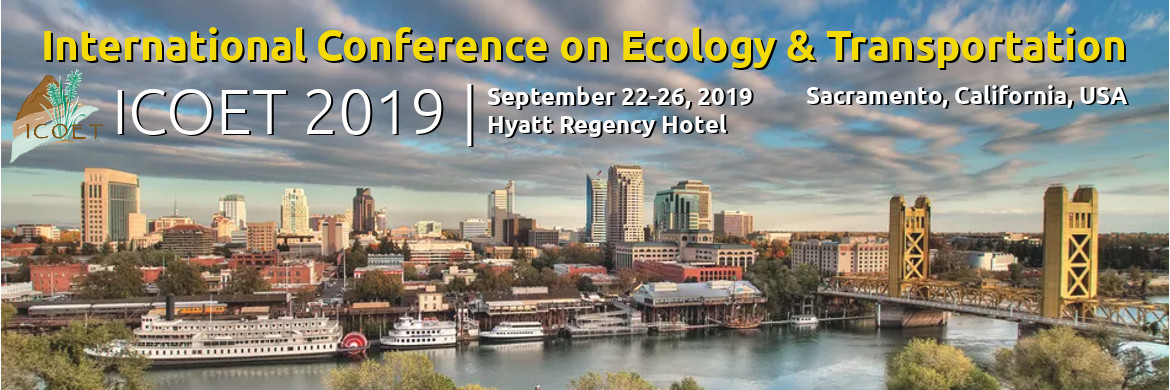The water pollution due to roadside runoff has been issued in Korea due to heavy traffics and since 2007 it has become mandatory to install roadside storm-water management facilities for non-point-pollution reduction by Water Environment Protection Law. In Korea, infiltration-based roadside facilities was the most commonly used all over the country because of its cost-effectiveness and easy maintenance. Several years' practice revealed that there were several problems to solve such as blocking and overflow of polluted water, which caused serious soil contamination along roads and near farmland. In this paper, I investigated the main causes of its problems and found that blocking and overflow was due to greases and oily materials due to heavy traffics and soil characteristics along roads as well as rainfall characteristics in Korea. The most common soil type along road was silt soil which had low water permeability and caused overflow from roadside facilities with heavy rain. In order to resolve this issue, the modular type of infiltration based trench for roads was developed. In order to investigate its effectiveness through the laboratory experiments, experiment was designed to check the patterns of contaminated roadside runoff through the filters of trenches. The results showed that the speed of roadside runoff affected the patterns of flow and clogging in the facilities. The patterns help to improve the design of the modular infiltration-based trench on roads. This revised version of facilities are expected to improve the effectiveness and efficiency of its pollutant removal and contributes to better roadside water pollution runoff.
